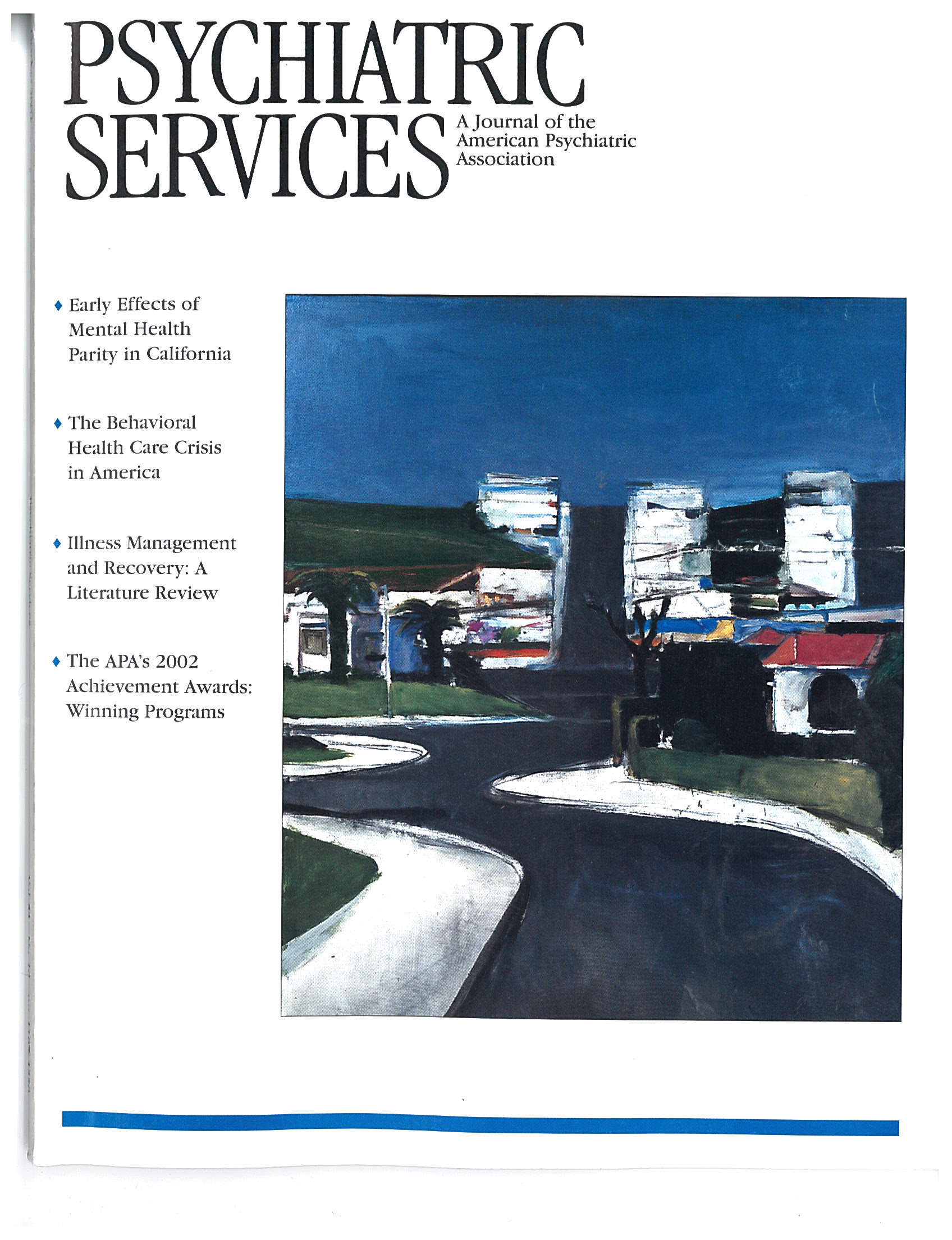Research on the Influence That Communication in Psychiatric Encounters Has on Treatment
Abstract
OBJECTIVE: The purpose of this article is to inform mental health professionals about the empirical literature on medical and psychiatric encounters and the influence of communicative behaviors on specific encounter outputs and treatment outcomes. METHODS: A comprehensive review of the health communications literature from 1950 to 2001, using MEDLINE and PsycINFO, was conducted to identify relevant articles on the communication skills of psychiatrists and other physicians. These searches were augmented by personal correspondence with experts on changes in practice patterns in psychiatry and on medical and psychiatric communications research. A review of references within each article and information from the experts identified other relevant articles. Selection was then narrowed to include reports of studies that used structured written instruments that captured relevant physician and patient perceptions of the physician-patient relationship, content analysis of audio- or videotapes of communication in medical or psychiatric encounters, or interaction analysis systems used to categorize audio- or videotaped communicative behaviors in medical or psychiatric encounters. RESULTS AND CONCLUSIONS: Twenty-five articles in medicine and 34 articles in psychiatry were selected. Medical communication researchers have observed associations between physicians' communicative skills and patients' satisfaction, patients' adherence to treatment recommendations, treatment outputs, and patients' willingness to file malpractice claims. The research has also shown that primary care physicians can be more responsive to patients' concerns without lengthening visits. In psychiatry, the literature can be organized into four discrete categories of research: negotiated treatment and the customer approach, therapeutic alliance, Gottschalk-Gleser content analysis of patients' speech, and content analysis of psychiatric interviews.



